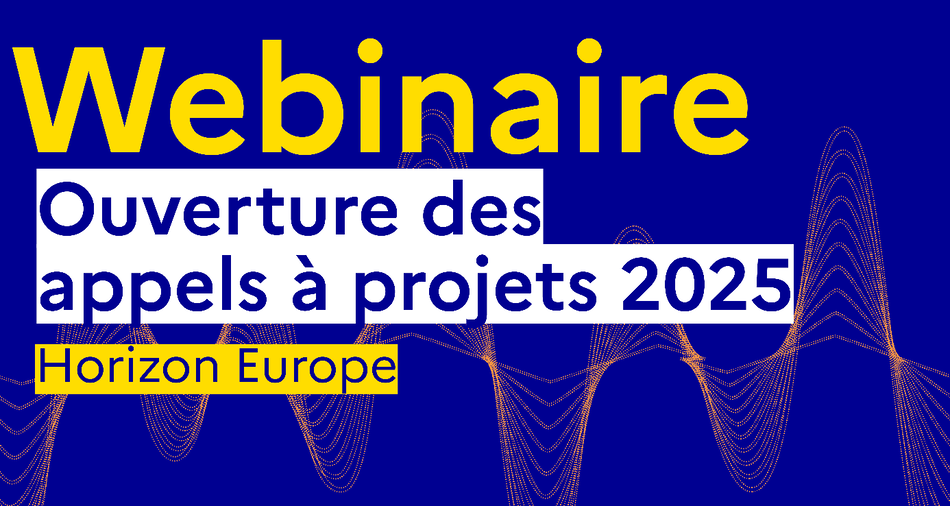ExpectedOutcome:
Advancing Lighthouse Exascale Applications, at the frontier of technology and relevant for the communities of HPC users, that enable and promote the use of upcoming exascale and post exascale computing capabilities in collaboration with other High Performance Computer (HPC) stakeholders. The goal is to develop or scale up existing parallel codes towards exascale performance, resulting into tangible benefits mainly for scientific challenges. Proposals for Exascale Lighthouse applications will exploit existing federated resources around Europe, developing available competences, and ensuring multidisciplinary (combining application domain and HPC system, software and algorithm expertise). Examples of Exascale Lighthouse applications include weather forecast and climate change, material science, natural hazards, digital twin of the human body.
Scope:
Proposals for Centres of Excellence in Topic HORIZON-JTI-EuroHPC-2021-COE-01-01 must clearly identify the Exascale Lighthouse applications addressed, and must convincingly demonstrate their exascale capabilities and needs. Proposals should also be able to articulate clearly the scientific grand challenge(s) which will be addressed by the applications and why the exascale performance is needed. Targeted applications should be relevant for communities of HPC users as well as for future EuroHPC JU systems to be acquired. Proposals should be inherently committed to co-design activities to ensure that future HPC architectures are well suited for the applications and their users.
Requirements for CoEs:
- Clear identification of the targeted applications and related codes, including their user basis and the global impact in their domain.
- Demonstrable advances of the targeted HPC applications towards highly scalable, optimised flagship codes and exascale performance (both computing and extreme data). This includes developing, maintaining, porting, optimising (if needed re-designing) and scaling HPC application codes, addressing the full scientific/industrial workflow, particularly covering data aspects; testing and validating codes and quality assurance
- Addressing the exascale and post exascale related technical challenges, such as load balancing; resilience; heterogeneity programming models, in particular accelerator-based architecture programming; run-time systems; workflow management tools; development environments and production environments.
- Involvement in co-design activities (hardware, software, codes), including the collaboration with HPC vendors and the identification of suitable applications relevant to the development of European HPC technologies towards exascale and collaboration with European initiatives (e.g. EPI, RISC- V, EuroHPC JU Pilots).
- Activities to improve the energy efficiency of applications, algorithms, methods, libraries and/or tools.
- Enlarging and expanding HPC applications development and use, in particular for new user communities in EU countries and countries associated to Horizon Europe that are members of the EuroHPC Joint Undertaking currently developing and advancing their HPC infrastructure and ecosystem.
- Federating capabilities and integrating communities around exascale computing in Europe.
- Include clear KPIs on the optimal employment of current and/or emerging HPC technologies, allowing the assessment of the progress towards the objectives, both in terms of outputs and ultimate impact.
- Coordinate within the European ecosystem, including Competence Centres, to address the skills gap in the targeted exascale applications and codes, by specialised training and capacity building measures to develop the human capital resources for increased adoption of exascale solutions.
- Coordinate with Competence Centres to ensure wider access to codes and foster their uptake by scientific user communities.
- Proposals should ensure the cooperation with complementary projects launched specifically in the area of the “EuroHPC-2020-01-a: Advanced Pilots towards the European Supercomputers” including also the need to establish from the beginning of this cooperation appropriate IP exploitation agreements and should provide preliminary benchmarking data on new and emerging HPC technologies.
In addition, proposals should ensure collaboration with other Centres of Excellence for HPC applications, and other national and EU funded activities that focus on similar or complementary objectives for HPC codes and applications, in order to maximise the synergies and optimise such codes and applications for current and future architectures of EuroHPC supercomputers. Proposals should also clearly demonstrate that all partners in the consortium have a significant and justified role, including appropriate deliverables under their responsibility which cover their specific contributions.
Cross-cutting Priorities:
Digital Agenda





